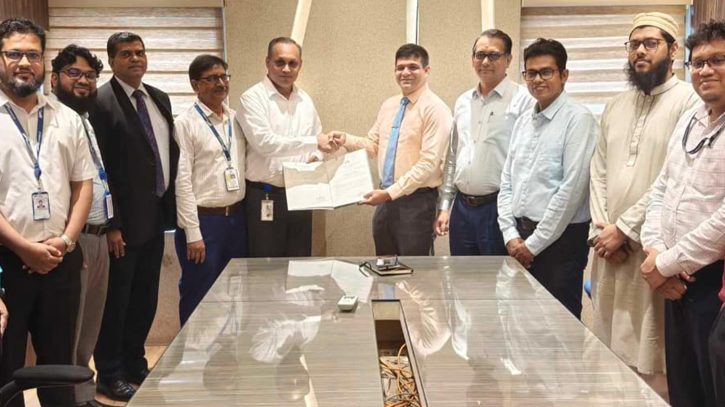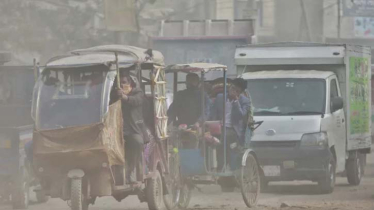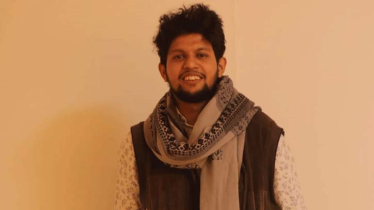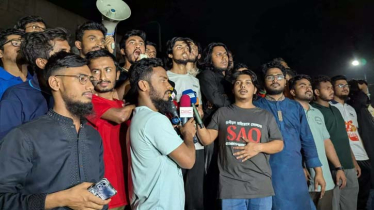
Photo: Courtesy
US-Bangla Institute of Aviation (UIA), the aircraft engineering and maintenance training center of US-Bangla Airlines, received approval on September 22 as a CAAB (Airworthiness) Part 147 Approved Maintenance Training Organization. This approval allows UIA to offer both theoretical and practical training for B1 and B2 type ratings on ATR 72-600 and Boeing 737-600/700/800/900 aircraft.
US-Bangla Airlines began its operations in 2014 with two Bombardier Dash-8 Q400 aircraft on domestic routes. Over the years, the airline has gained the trust of the people of Bangladesh by expanding its fleet to include ATR 72-600, Boeing 737-800, and most recently, the Airbus 330-300, successfully operating across domestic, regional, and international destinations.
Since its inception, US-Bangla Airlines has prioritized the training of its workforce, recognizing the importance of skilled employees in sustaining its growing business success. Aviation training, particularly type training, is a costly endeavor that typically requires significant foreign currency reserves due to the need for training abroad. For many talented young individuals in Bangladesh aspiring to build a career in aviation engineering, expensive foreign training was the only option. However, with UIA’s recent approval, US-Bangla’s engineering staff can now receive this training within the country. Additionally, interested candidates from other airlines will have the opportunity to participate in these certified courses at a nominal fee in Bangladesh.
It is worth noting that this approval is the result of relentless efforts by a team of instructors over the past two years, who worked tirelessly to meet the stringent standards required by CAAB Part 147 as an approved maintenance training organization (AMTO).
In addition to the type-rating courses, UIA is in the final stages of securing approval for the Part 147 Basic Courses (B1.1 and B2). US-Bangla Airlines firmly believes that UIA will be able to commence these approved basic training courses by January 2025. This is expected to provide a significant opportunity for future aviation professionals to acquire globally recognized skills without leaving the country, helping them reach new heights in their careers.
Messenger/Fameema








